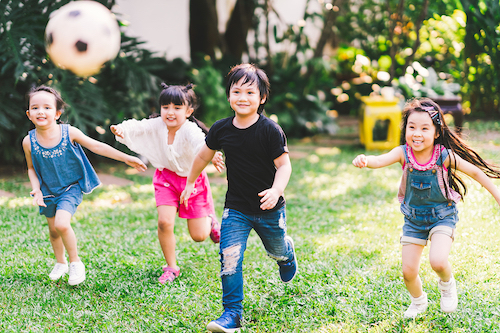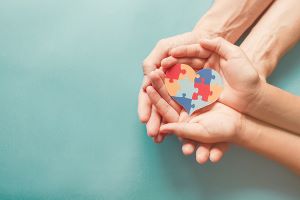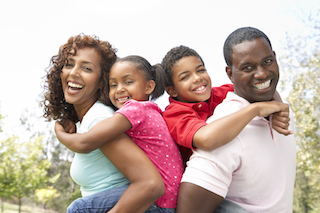March 14, 2023
by Patricia Tomasi

A new study published in the Journal of Child Development looked at how caregiver speech can predict the emergence of children’s emotion vocabulary. “We were interested in understanding how children learn words like ‘happy’ or ‘sad’ that label emotional experiences,” study author Mira L. Nencheva told us. “We were curious if the words that surround emotion labels might help children learn their meaning.”
[More]
October 11, 2022
by Patricia Tomasi

A new study published in Child Development looked at whether older children verify adult claims because they are skeptical of those claims. “When children between four and seven years old are told something surprising, for example that a smaller object is heavier than a much larger object, they will frequently pick up those objects,” study author Samuel Ronfard, Assistant Professor of Psychology at the University of Toronto at Mississauga told us. “Older children engage in such exploratory behavior more frequently than younger children.”
[More]
August 31, 2022
by Elizabeth Pratt

Having a partner was more beneficial at avoiding loneliness during the first wave of COVID-19 than having children.
Research published in the European Journal of Ageing found that whilst those without children and those without a partner were more likely to be lonely, those without a partner underwent a notable shift in their loneliness in the early stages of the pandemic.
[More]
July 19, 2022
by Patricia Tomasi

A new study published in the Journal of Child Psychiatry and Human Development looked at the evidence for protective effects of peer play during the early years. “We were hoping to find out whether early play experiences with other children are important for later mental health and wellbeing,” study author Jenny Louise Gibson told us. “We think that play with others protects against future mental health challenges because it is a natural way for children to develop the cognitive and emotional maturity they need to build up a strong social network.”
[More]
December 14, 2021
by Patricia Tomasi

A new study published in the Society for Research in Child Development looked at Perceptual Access Reasoning (PAR) in developing a representational theory of mind. “My colleagues and I studied how young children develop a theory of mind, which refers to our common sense understanding that people’s outward behavior is caused by their internal mental states, such as their desires, perceptions, knowledge, memories, and beliefs,” study author William V. Fabricius told us. “Young children have to learn what the different kinds of mental states are, and how they work together to produce people’s behavior. It is so very important for children to understand these connections, because it lays the foundation upon which they learn how to get along with others.”
[More]
December 8, 2021
by Patricia Tomasi

A new study published in Nursing Administration Quarterly looked at associations among nurses' mental and physical Health, lifestyle behaviors, shift length, and workplace wellness support during the COVID-19 pandemic. “Based on previous findings from similar studies, we theorized that the COVID-19 pandemic would have a negative impact on the well-being of nurses,” study author Bernadette Mazurek told us. “Moreover, we believed that nurses who worked shorter shift lengths ( 12 hours) and perceived their workplace as not supportive of their wellness.”
[More]
September 1, 2020
by Patricia Tomasi

A new study published in the Journal of Biological Psychiatric looked at the association between early neural activity and Autism Spectrum Disorder (ASD). “We wanted to characterize early brain differences that can be detected before the behavioral signs of autism emerge,” study author Dr. Abigail Dickinson told us.
[More]
June 10, 2020
by Elizabeth Pratt

A survey from the American Psychological Association (APA) found the pandemic is taking a toll on the mental health of parents. Almost half of parents with children aged less than 18 report their stress relating to the COVID19 pandemic is high.
[More]
December 31, 2019
by Patricia Tomasi

If you’re wondering what new year’s resolutions to make, you might want to consider adding another spouse or two. According to a recent study of 2000 participants over two decades living in Tanzania, multiple husbands can be advantageous to women and children when times are difficult. While this scenario might not exactly play well in most relationships today, it seems that in that remote village in East Africa where the study took place, having an extra spouse can be a buffer in economic and social crises and help children live longer.
[More]
March 12, 2019
by Patricia Tomasi

If happy parents make happy kids, as the science tells us it does, then how do we ensure parents are happy? “Economic anxiety is a big piece of the puzzle,” parenting expert and author, Ann Douglas told us. “Given the high cost of housing, childcare, post-secondary education, and all the other assorted expenses that go along with raising a child, she says it’s hardly surprising that parents are spending a lot of time worrying about how they’re going to pay the bills.”
[More]